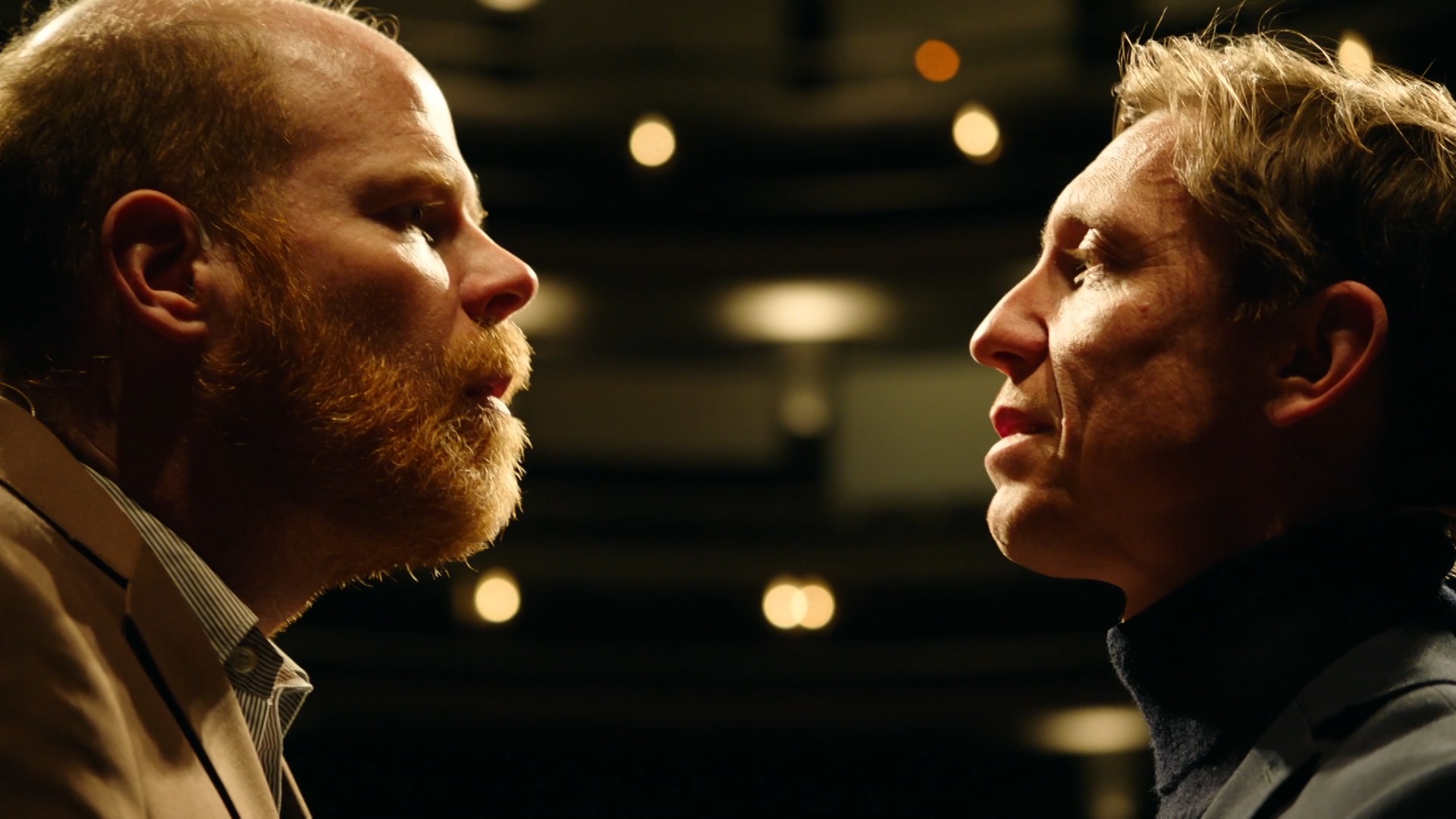02:29

Dancers, actors, choreographers and directors in Belgium are fighting back against COVID-19 restrictions in the best way they know how - by taking to the stage.
More than 120 theaters, cinemas and cultural centers said they would open their doors starting Friday, defying the current ban on indoor events. The activist collective Still Standing for Culture said there's no evidence that cultural venues are any more dangerous or prone to spreading the coronavirus than other businesses that have been open for weeks, if not months.
"We've been closed for nine months out of 13. Yet the shops are full of people. Transportation is full of people," said Coline Billen, a member of the Standing Still for Culture collective. "Why is it less dangerous to sell shoes than to make a show?"
Billen argued that the closed spaces of culture venues, where most people are seated and social distancing can always be applied, was much safer than shoppers wandering inside stores.
"We are fighting for the right to work as an artist," said Billen, who is also the Artistic director of Transe-en-Danse company.
Belgium's culture sector employs some 160,000 people and has been among the hardest hit during the pandemic. The government has indicated it will not penalize venues that open illegally, but owners could be fined.
Cultural venues are slated to reopen on May 8, but will be limited to 50 people. The government said audiences can grow to 200 in June, but only if infections come down.

The Royal Flemish Theatre in Brussels opens it doors to the public for the first time in six months for a 'test' event. /Waterman
The Royal Flemish Theatre in Brussels opens it doors to the public for the first time in six months for a 'test' event. /Waterman
But not everyone is breaking the rules. The Royal Flemish Theater in Brussels is hosting government-sanctioned test events with a hefty dose of new safety measures. All attendees are subject to rapid COVID-19 testing, rows of seating have been removed to provide ample space for distancing and sensors have been strung around the theater to monitor air quality in real-time.
Executive director Merijn Erbuer said the sensors detect carbon dioxide levels, relative humidity and fine dust particles.
"These are fluids that could contain inflectional diseases like Covid," he said. "What we're trying to do is to create a climate that is perfectly fine to minimize the risk of spreading diseases through the air."
As part of the two-week experiment, the audience size will gradually increase from 50 to 250.
"We know we can do it safely," said artistic director Michael De Cock. "Culture is essential, an essential part of being human. Being human is more than 'wake-up, go to work, come home and watch the telly'.”
Belgium, a country of 11.5 million people, recorded 24,185 COVID-19-related deaths as of Friday.

